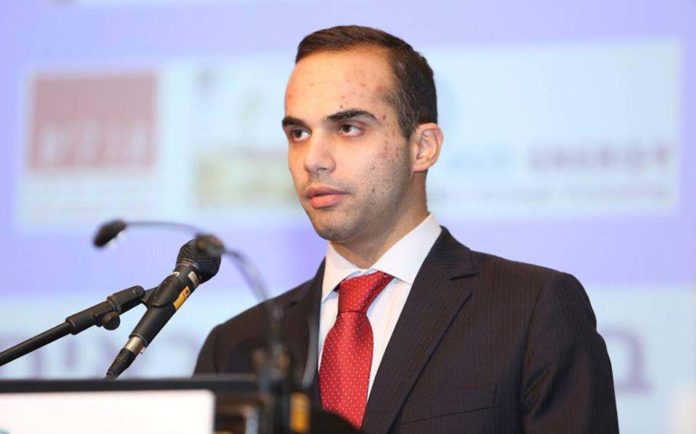George Papadopoulos, former campaign advisor to Donald Trump, recently plead guilty to charges of lying when brought before a federal commission regarding contact with agents of the Russian government during his tenure with Trump’s campaign. Papadopoulos was appointed as the Trump campaign’s foreign policy advisor in March 2016, charged under seal in July 2017 and eventually pled guilty in October of this year. Papadopoulos had been charged with lying to the federal government during its investigation of Russian influence within the 2016 election.
Newly released documentation mentions an unnamed professor, now identify as Papadopoulos had contacted in Italy and in the same month that he joined Trump’s campaign. April of 2016, two months prior to the DNC’s revelations of being hacked by Russia, saw the professor explaining all of the “dirt” he was aware that Russia held on Hillary Clinton. The alleged DNC hack also occurred one month after John Podesta, Clinton’s campaign chair, had been targeted by a phishing attack. Podesta’s e-mail account was subsequently hacked and its contents were published by Wikileaks in October.
Papadopoulos, who had initially been placed under arrest upon arriving at Dulles Airport in July, signed a plea deal to cooperate with Robert S. Mueller III’s probe into ties between Trump’s campaign and the Kremlin. More recent documentation indicated that Papadopoulos lied about his involvement with the professor; while his testimony indicated his belief that the professor’s informants were has low-level officials, Papadopoulos was actually being put in touch with senior-tier officials of the Kremlin.
Beyond his dealings with a professor, Papadopoulos had been speaking with one of Putin’s nieces and a man believed connected to Moscow’s Ministry of Foreign Affairs. While Papadopoulos claimed to have only encountered the woman a year prior to working under Trump, the truth indicates he had only met her after being brought on to the campaign and had maintained communication for months during his time.
Papadopoulos’ appointment to the Trump campaign raised eyebrows the moment is was announced due to his lacking experience in foreign policy. Papadopoulos remained present throughout March, attending a Washington meeting to endorse Trump’s campaign. Summer 2016 saw Papadopoulos meeting with many foreign officials, giving interviews to international media and occasionally commenting upon Trump’s thoughts on Putin and Russia. Other information indicates Sergei Millian, a key source connecting Trump and Russia, had told his allies he was constantly communicating with Papadopoulos during Trump’s campaign.







